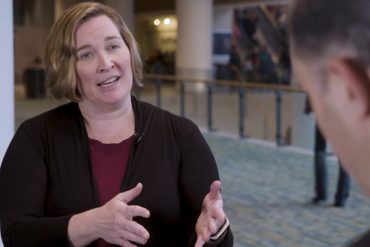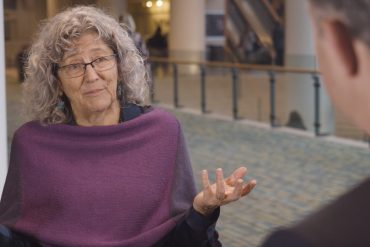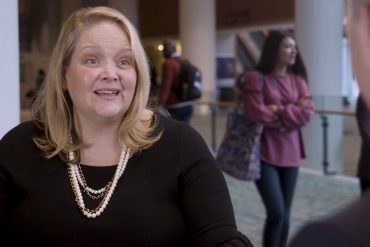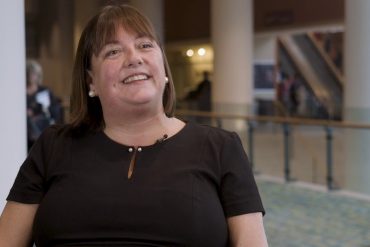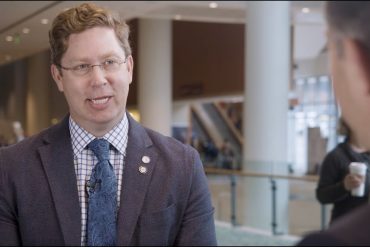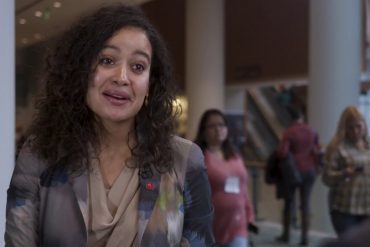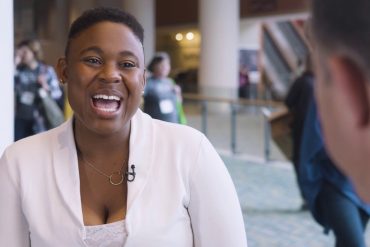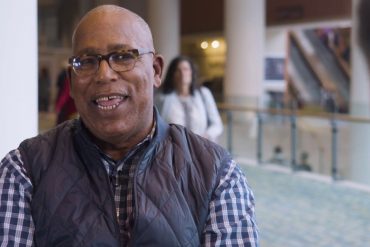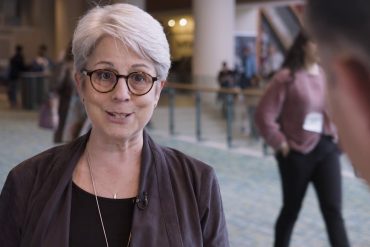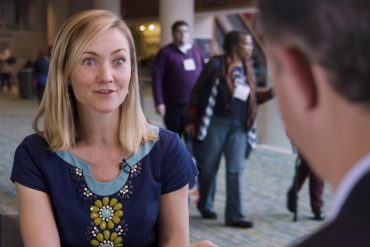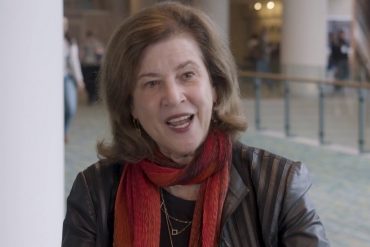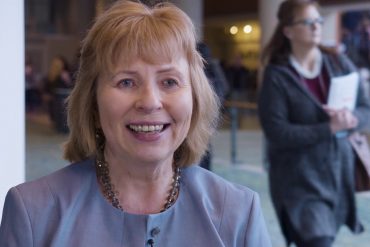How do you know if you’re part of an early learning community? Cailin O’Connor, Senior Associate at the Center for the Study of Social Policy, introduces the Digital Progress Rating Tool, a new ELN offering [or new offering from ELN, CSSP and the National League of Cities] that helps stakeholders evaluate their efforts, chart progress, explore tips, and create a step-by-step action plan to create a thriving Early Learning Community.
How do can the children’s individual identities evolve naturally and fully in the face of stereotypes that can often plague our communities and societies? As Julie Olsen Edwards, author ‘Anti-Bias Education for Young Children and Ourselves’ explains, some of that help can come from teachers – and how they think about their curriculum.
As the National Association for the Education of Young Children, two strategic policy priorities NAEYC faces are ensuring access to “high quality, developmentally appropriate early childhood education” and, relatedly, working to ensure the practitioners gain proper recognition – and support – as professionals. NAEYC CEO Rhian Allvin explains how the group will do it.
The high costs of early learning presents one of the biggest obstacles to accessing childhood education. It’s a challenge Amy O’Leary is attacking, not only as NAEYC Governing Board president, but also as director of the Early Education For All campaign of Strategies for Children, which seeks to make publicly-funded, high-quality early education available for all Massachusetts three, four and five-year-olds.
Edward Manuszak wears many hats, but the two most important are Superintendent of Dundee (MI) Community Schools and as the AASA Early Learning Cohort Co-Chair. In both roles, he works to deliver excellent learning opportunities. So why is Manuszak among the first to say that “Early Childhood Matters Most?”
As Manica F. Ramos, Senior Research Scientist at Child Trends notes, we often forget that parents are the first and primary teacher for their child – from the moment they’re born, through their school experiences, and until the end of the day. Which is why helping parents learn how to teach in every day moments is such an important piece of a child’s early learning experience.
What does it take to build 24-hour childcare? It starts with a promise. It continues with commitment. And to listen to Rosa Marie, President of Marvelous Minds Academy, there’s only one way it can end: With doors opening to serve families who need it.
How do you build leadership in early learning? According to Maurice Sykes, Executive Director of the Early Childhood Leadership Institute, it goes beyond the usual skills and benefits from an eye towards equity and social justice: “[making] sure that children, regardless of zip code or surname or gender, have access to high quality programs.”
Why is training not always the best – or even sufficient – way to prepare people for the hard and important work of educating children? Executive Director Judy Jablon describes how Leading for Children helps communities develop new ways to create learning experiences wherever children are.
It’s the not-so-secret secret: Higher rates of poverty occur for U.S. children in rural communities rather than urban ones. Yet delivering the benefits and tools of brain science to these areas is difficult in terms of cost, location, infrastructure. As Senior Specialist Lindsey Lockman Dougherty, Save the Children – in partnership with the Vroom Initiative – is doing something about that.
We are all more than our most challenging moments. As Ellen Galinsky, Bezos Family Foundation Chief Science Officer and Founder/Executive Director of Mind in the Making, explains, a focus on “trauma informed care” in early learning is shifting to “asset informed care.” And that process starts with looking at children in terms of their strengths.
In preschool and kindergarten, play – including “make believe” play – helps lay the foundation for many competences children will need for the rest of their lives. So how can we get adults out of the way? Elena Bodrova, PhD, co-founder and Tools Knowledge Advisor at Tools of the Mind, explains.


